How to Work with (Almost) Anyone By Michael Bungay Stanier
RM2.50
How to Work with (Almost) Anyone – Michael Bungay Stanier (PDF)
About the author

“My name is Michael. I can hop. Do you want to see me hop?” That’s how I introduced myself to strangers at the supermarket when I was three. Not much has changed. Here’s the formal bio (best bits at the end).Michael Bungay Stanier is at the forefront of shaping how organizations see coaching as an essential leadership competency. His book The Coaching Habit is the best-selling coaching book of this century, with over a million copies sold. In 2019, he was named the #1 thought leader in coaching, and he has spoken on coaching from Brené Brown’s podcast to the TEDx stage.

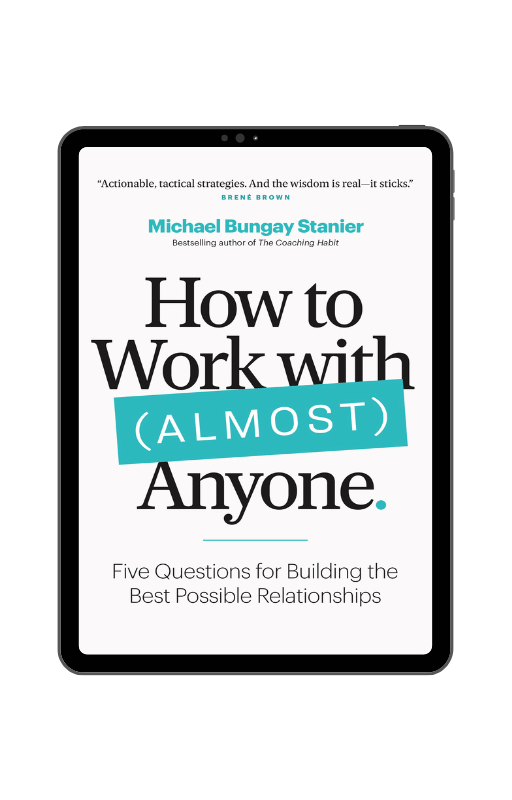
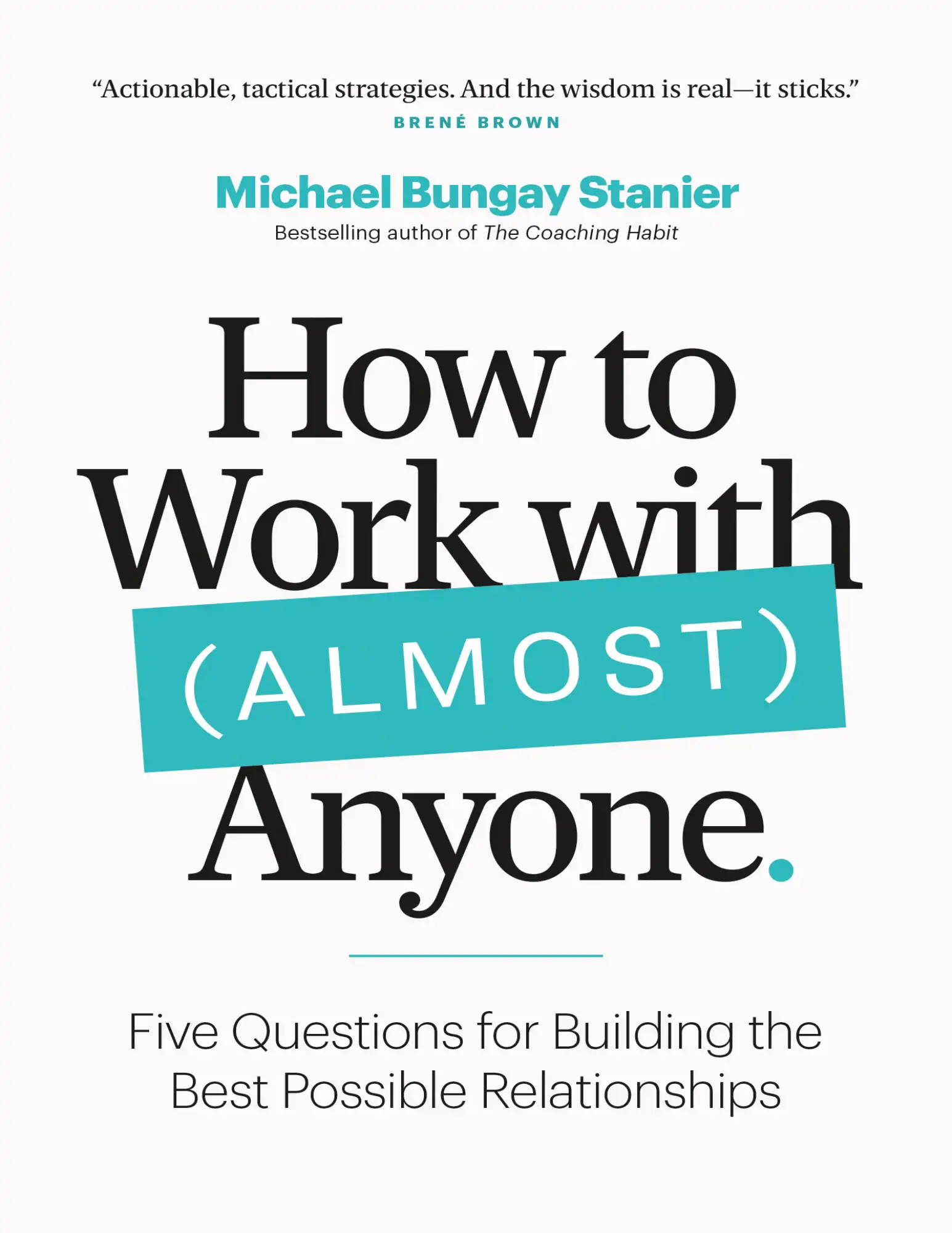

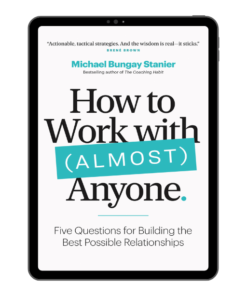
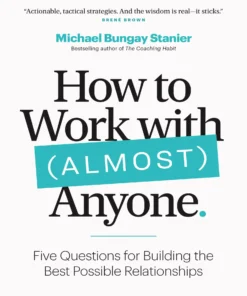
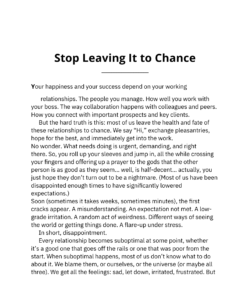


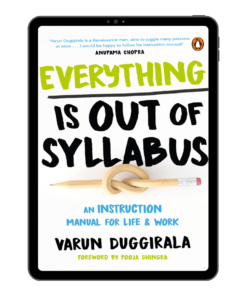
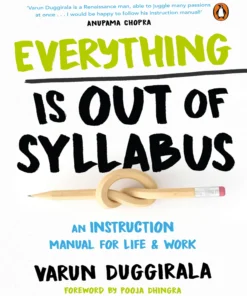

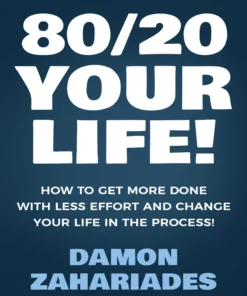
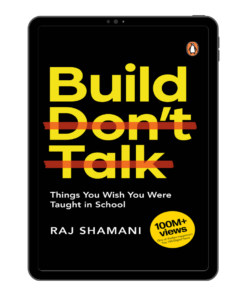

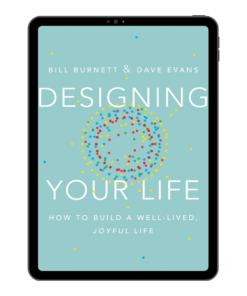
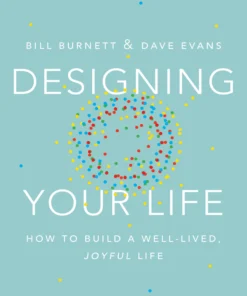
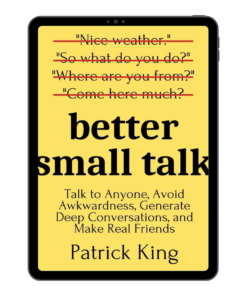
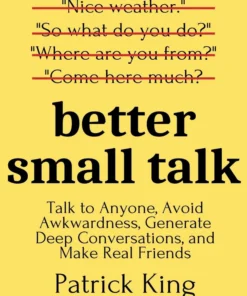
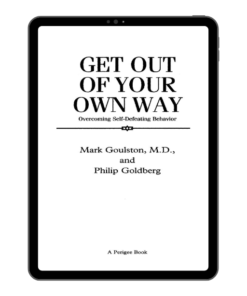
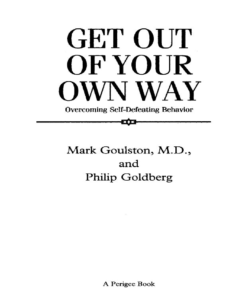



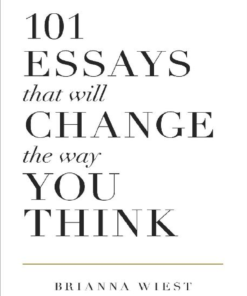
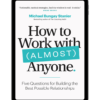
Reviews
There are no reviews yet.